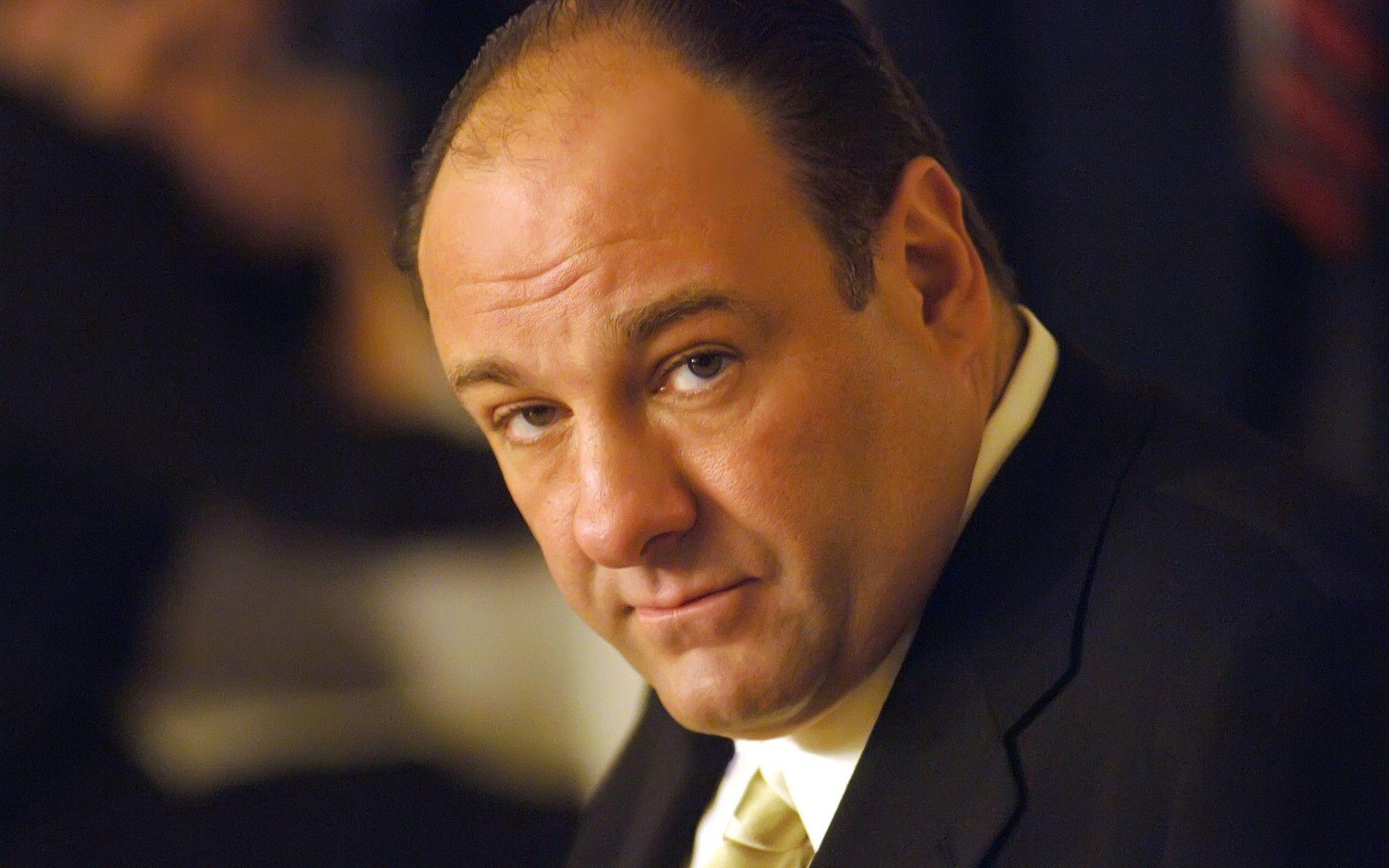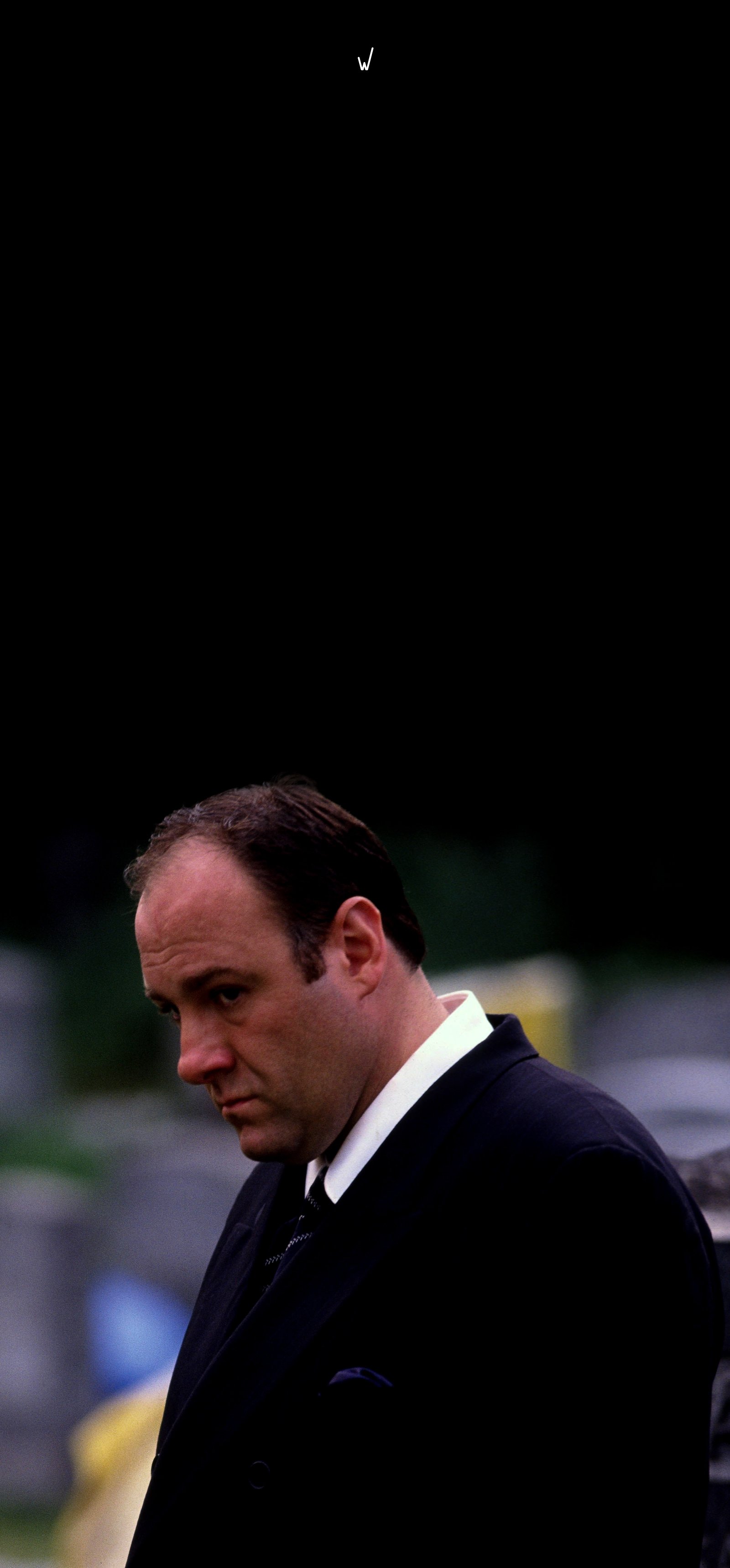Tony Soprano Died: The Shocking Truth Behind The Iconic Character's End
When the world of "The Sopranos" came crashing down, it left fans in a state of disbelief. Tony Soprano died, or did he? The finale episode, "Made in America," sparked countless debates, theories, and discussions about what really happened to one of television's most complex characters. It's not just about whether Tony Soprano died or not—it's about the legacy he left behind and the impact he had on pop culture. So, buckle up because we're diving deep into this mystery.
Picture this: you're sitting on your couch, popcorn in hand, ready to witness the conclusion of an epic series that defined a generation. The music fades, the screen goes black, and you're left with more questions than answers. Was Tony Soprano's death real? Was it symbolic? Or was it just David Chase messing with our heads? Let's break it down piece by piece.
For those who don't know, Tony Soprano is the main character of "The Sopranos," a show that aired from 1999 to 2007. Created by David Chase, the series follows Tony, a New Jersey mob boss dealing with family drama, mental health issues, and crime all at once. His death—or lack thereof—has been a topic of conversation for years. So, let's explore the facts, theories, and everything in between.
- Unveiling The Allure Of Versailles Florida A Paradise Beyond Imagination
- Morgan Wallen Thought You Should Know The Untold Story Behind The Hits
Biography of Tony Soprano
Before we dive into the "Tony Soprano died" debate, let's take a moment to remember who Tony Soprano was. Born Anthony John Soprano, he was the head of the DiMeo crime family in New Jersey. Known for his charisma, ruthless nature, and complex personality, Tony became a cultural icon. Below is a quick glance at his life:
Personal Information
| Full Name | Anthony John Soprano |
|---|---|
| Date of Birth | March 26, 1959 |
| Family | Wife: Carmela Soprano, Children: Meadow and Anthony Jr., Mother: Livia Soprano, Father: John Soprano |
| Profession | Boss of the DiMeo Crime Family |
| Notable Traits | Charismatic, ruthless, suffers from depression and panic attacks |
Did Tony Soprano Really Die?
Now, here's the million-dollar question: did Tony Soprano really die? The finale episode, "Made in America," ends with Tony sitting at a diner, waiting for his son to arrive. The camera pans out, the music fades, and the screen cuts to black. Boom. That's it. No explanation, no closure. Fans were left scratching their heads, trying to piece together what just happened.
Some people believe Tony Soprano died in that diner, while others think it was all in his head. Let's break it down:
- How Old Is Cyndi Lauper Discover The Queen Of Pops Journey
- Youtuber Nikocado Avocado Weight Loss The Inside Scoop On Her Fitness Journey
- The Death Theory: Many fans think Tony was killed in that diner. The sudden cut to black and the eerie silence suggest that something tragic happened. It's possible that one of his enemies caught up with him, or maybe it was a heart attack. After all, Tony had a history of health issues.
- The Symbolic Theory: Others believe the ending was symbolic. Tony's life was filled with chaos, violence, and tragedy. The cut to black could represent his mental state or the inevitable downfall of his empire. It's like David Chase wanted to leave it open to interpretation.
What the Creators Say About Tony Soprano Died
David Chase, the mastermind behind "The Sopranos," has been pretty tight-lipped about the ending. In interviews, he's said that the cut to black was meant to leave things open to interpretation. He wanted the audience to think about what happened, rather than just giving them a straightforward answer.
James Gandolfini, the actor who played Tony Soprano, also weighed in on the debate. He said that the ending was "open-ended" and that he didn't have a definitive answer either. It's like they both wanted to keep the mystery alive.
David Chase's Perspective
According to Chase, the ending wasn't meant to be a traditional finale. He wanted to challenge the audience and make them think about the themes of the show. Tony Soprano's life was messy, unpredictable, and often tragic. The cut to black mirrors that unpredictability. It's like life itself—sometimes there are no clear answers.
Key Themes Surrounding Tony Soprano Died
Let's talk about the themes that tie into the "Tony Soprano died" debate. The show was all about family, crime, and the search for meaning in a chaotic world. Here are some key themes that influenced the finale:
- Family: Tony's relationships with his family were central to the show. Whether it was his complicated bond with his mother or his struggles as a father, family was always at the forefront.
- Crime: As a mob boss, Tony lived a life of crime. The show explored the moral dilemmas and consequences of his actions, making him a deeply flawed but relatable character.
- Mental Health: Tony's battles with depression and anxiety were groundbreaking for television. The finale left us wondering if his mental health played a role in his demise.
Impact on Pop Culture
Whether Tony Soprano died or not, his legacy lives on in pop culture. "The Sopranos" is widely regarded as one of the greatest TV shows of all time. It changed the landscape of television, paving the way for other complex dramas like "Breaking Bad" and "The Wire."
The finale sparked a cultural phenomenon. Fans created fan theories, wrote essays, and even made memes about the ending. It became a topic of conversation in classrooms, bars, and living rooms around the world. Tony Soprano's death—or lack thereof—became a symbol of the power of storytelling.
Why "The Sopranos" Still Matters
Even years after the show ended, "The Sopranos" remains relevant. It tackled tough topics like mental health, family dynamics, and crime with depth and nuance. The characters were flawed, complex, and relatable, making the show resonate with audiences on a personal level.
David Chase's decision to leave the ending open to interpretation was a bold move. It challenged viewers to think critically about the story and its themes. It's a testament to the show's brilliance that people are still talking about it today.
Behind the Scenes of the Finale
Let's take a peek behind the curtain and explore how the finale was made. David Chase worked closely with the writers and directors to craft the perfect ending. Every detail was deliberate, from the music to the lighting to the camera angles.
The diner scene was shot in a way that made the audience feel like they were there with Tony. The music, "Don't Stop Believin'" by Journey, played a crucial role in setting the tone. It was a nod to Tony's love of classic rock and a callback to earlier episodes.
James Gandolfini's Performance
James Gandolfini's portrayal of Tony Soprano was nothing short of iconic. His ability to convey vulnerability and strength at the same time made the character unforgettable. In the finale, his subtle expressions spoke volumes about Tony's state of mind.
Gandolfini has said that he didn't know how the show would end until the very last moment. This added an element of authenticity to his performance. He brought Tony Soprano to life in a way that no one else could.
What the Fans Think About Tony Soprano Died
Fans have been debating the "Tony Soprano died" question for years. Some are convinced that he met a violent end, while others think it was all in his head. Social media platforms are filled with theories and discussions about the finale.
One popular theory is that Tony had a heart attack in the diner. The sudden cut to black and the eerie silence support this idea. Another theory is that the entire diner scene was a dream, and Tony died in his sleep. Whatever the truth may be, fans are passionate about their interpretations.
Why Fans Love Debating the Ending
The beauty of "The Sopranos" finale is that it invites discussion. It's not just about whether Tony Soprano died or not—it's about the themes and emotions the show evokes. Fans love debating the ending because it's a testament to the show's impact.
It's like a puzzle that everyone wants to solve. People bring their own perspectives and experiences to the table, creating a rich tapestry of interpretations. It's a testament to the show's brilliance that it continues to inspire such passionate discussions.
Conclusion: The Legacy of Tony Soprano
So, did Tony Soprano die? The truth is, we may never know for sure. And that's okay. The beauty of "The Sopranos" lies in its ambiguity and complexity. Tony Soprano was a flawed, complex character who left a lasting impression on pop culture.
As we reflect on the show's legacy, it's clear that "The Sopranos" changed the game. It pushed the boundaries of what television could be, paving the way for other groundbreaking dramas. Whether Tony Soprano died or not, his story will continue to inspire and challenge audiences for years to come.
So, what do you think? Leave a comment below and let us know your thoughts. Share this article with your friends and start a conversation. Who knows? Maybe together we can solve the mystery of Tony Soprano's fate.
Table of Contents
- Biography of Tony Soprano
- Did Tony Soprano Really Die?
- What the Creators Say About Tony Soprano Died
- Key Themes Surrounding Tony Soprano Died
- Impact on Pop Culture
- Behind the Scenes of the Finale
- What the Fans Think About Tony Soprano Died



Detail Author:
- Name : Claudia Pagac
- Username : mcdermott.roxanne
- Email : nankunding@gutmann.com
- Birthdate : 1970-06-01
- Address : 436 Bettye Glen East Sylvesterside, CO 84298-0836
- Phone : 1-283-698-7367
- Company : O'Hara, Tromp and Turner
- Job : Teller
- Bio : Pariatur et totam labore quas velit. Culpa et sint commodi excepturi nobis earum necessitatibus nemo. Aut magnam iure eaque. Inventore rerum architecto tempore voluptate est rerum.
Socials
twitter:
- url : https://twitter.com/frank.schmeler
- username : frank.schmeler
- bio : Sequi fuga voluptates voluptatem quia nulla. Vero numquam velit voluptatem consequuntur.
- followers : 6124
- following : 1797
facebook:
- url : https://facebook.com/frankschmeler
- username : frankschmeler
- bio : Esse et rerum tenetur animi dolor.
- followers : 6964
- following : 2856
tiktok:
- url : https://tiktok.com/@frank_schmeler
- username : frank_schmeler
- bio : Et eos nisi voluptatem ut voluptas et.
- followers : 3401
- following : 1773